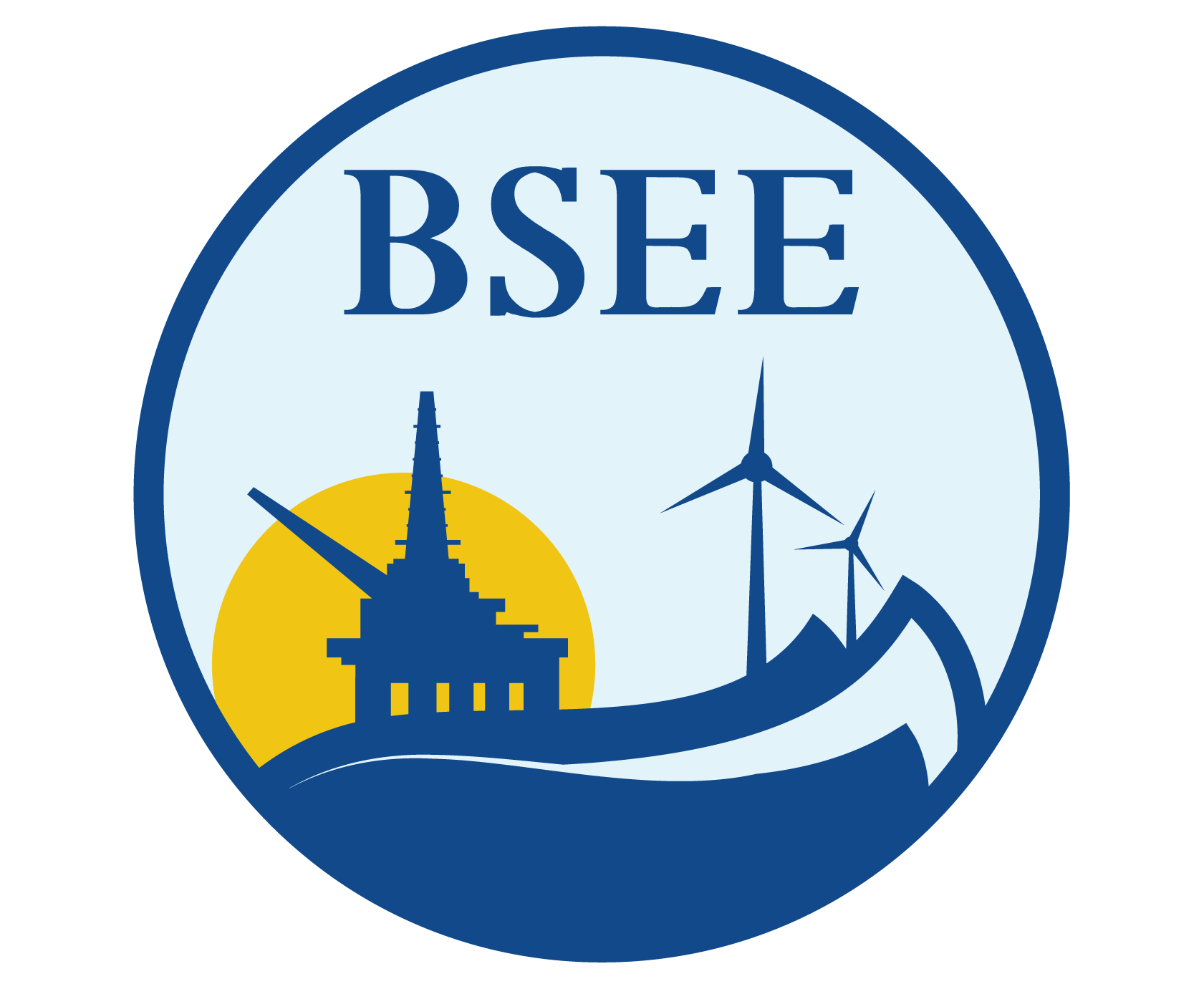OSRR-450-Dispersant Effectiveness Testing in Cold Water
During the past two years there has been an increased use of dispersants as a response technique to offshore marine oil spills. The US EPA has recently revised the National Project Schedule with regards to dispersants, and the cold water application and performance of these materials has come under critical review.
